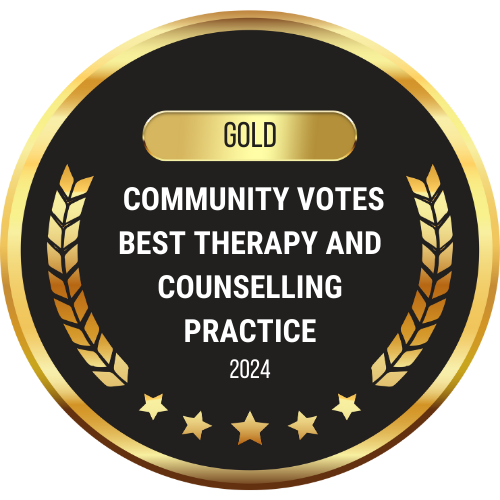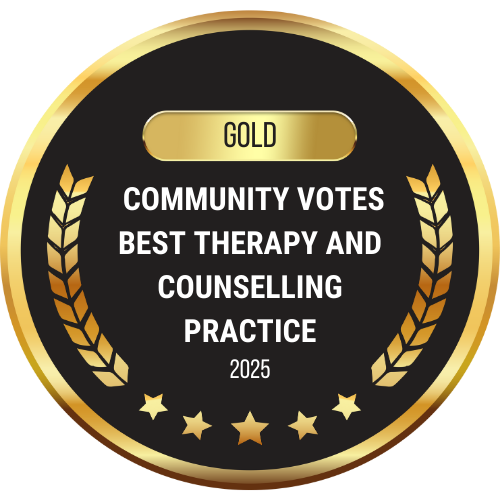Are you looking to start, stop, or continue a new habit? In this blog we will explore habit formation, why it is challenging, and some tips for starting or changing a habit.
Habits can be difficult to form. One reason for this may be that it requires change and sustained effort. Change can be difficult because you may be venturing into the new and unknown, which can provoke anxiety. Forming new habits, or changing current ones, can also be difficult because it requires effort, repetition, and time for that behaviour to become more automatic.
Often articles on the internet say that it takes about a month to change a habit or start a new one. However, research suggests that it may actually take on average 66 days (Gardner, Lally, & Wardle, 2012). There was a wide range of time that it took to make the habit (Gardner et al., 2012). It is important to find what works for you, and to avoid comparisons with others.
A first step in changing habits is to define the habit that you would like to start, stop, or continue doing. In this blog, we will use the example of the goal of improving oral health. The habit would be to start flossing your teeth. However, this can be any habit that you would like to start, stop, or continue.
Goal setting can also be helpful when thinking about habits. Is this habit part of a goal that you have? Is this goal a SMART goal (specific, measurable, attainable, realistic/relevant, time-bound)? SMART goals can be useful because it can bring the goal from something broad to being easily actionable. When setting goals, it can be useful to make sure the goal is about changing a behaviour. This aligns with SMART goals since a goal that is about changing a behaviour is easily measurable and can be done within a specific time. This is a great worksheet to help you plan SMART goals: https://hlc.harvard.edu/wp-content/uploads/sites/2412/2020/09/SMART-Goal-Handout.pdf.
Once you have what you would like to start, stop, or continue, reflect on why you want to change this habit. This can be a bigger question than it first seems. Acceptance and Commitment Therapy (ACT) tells us that when making decisions, it is important that the decisions are in line with your values. Think about your values, what is important to you, and how does this habit change align with your values?
Start in small steps. With the flossing example, if you are starting from a point of not flossing at all, you might start with flossing once per day, and work your way up from there (and depending on what your oral health care professional says!). It can also help to pair it with something that you already do, like flossing your teeth at the same time that you brush them.
It can also be helpful to pair your new habit with something that you already do. Therapist Aid (2020) has a useful formula for creating a habit plan. Start with a statement: “After ______, I will ______” (Therapist Aid, 2020). So, in the example of flossing your teeth, it would be, after brushing my teeth, I will floss them. They also highlight the importance of rewarding success, using the same formula. So, in the example of flossing your teeth, it might be, After flossing my teeth, I will get to read my book (or some other activity that is rewarding to you, and does not hinder the goal – like eating a sugary treat might hinder your overall goal with flossing).
Remember, it can be difficult to start or change a habit! This takes time and work and does not happen overnight. Reminding yourself of your values and goals can help with motivation during those times when it might be particularly difficult. Self-compassion is also critical if you are finding that it might be difficult to stick with your resolution. Self-compassion, at its simplest is treating yourself like you would treat a good friend. That is, being kind and gentle with yourself. You are doing the best that you can, with the resources that you have.
The information provided in this blog can be used in your journey of creating and changing habits. While in this blog we talked about starting a habit (flossing your teeth), these tips can also be used for stopping a habit. It can be helpful for even continuing something that you are already doing, especially the information about values. It may be helpful to speak with a trained mental health professional for further support if needed.
References
Gardner, Lally, and Wardle. (2012). Making Health Habitual : The psychology of habit formation and general practice. British Journal of General Practice https://bjgp.org/content/bjgp/62/605/664.full.pdf
Therapist Aid. (2020). Habit Plan. https://www.therapistaid.com/worksheets/habit-plan











